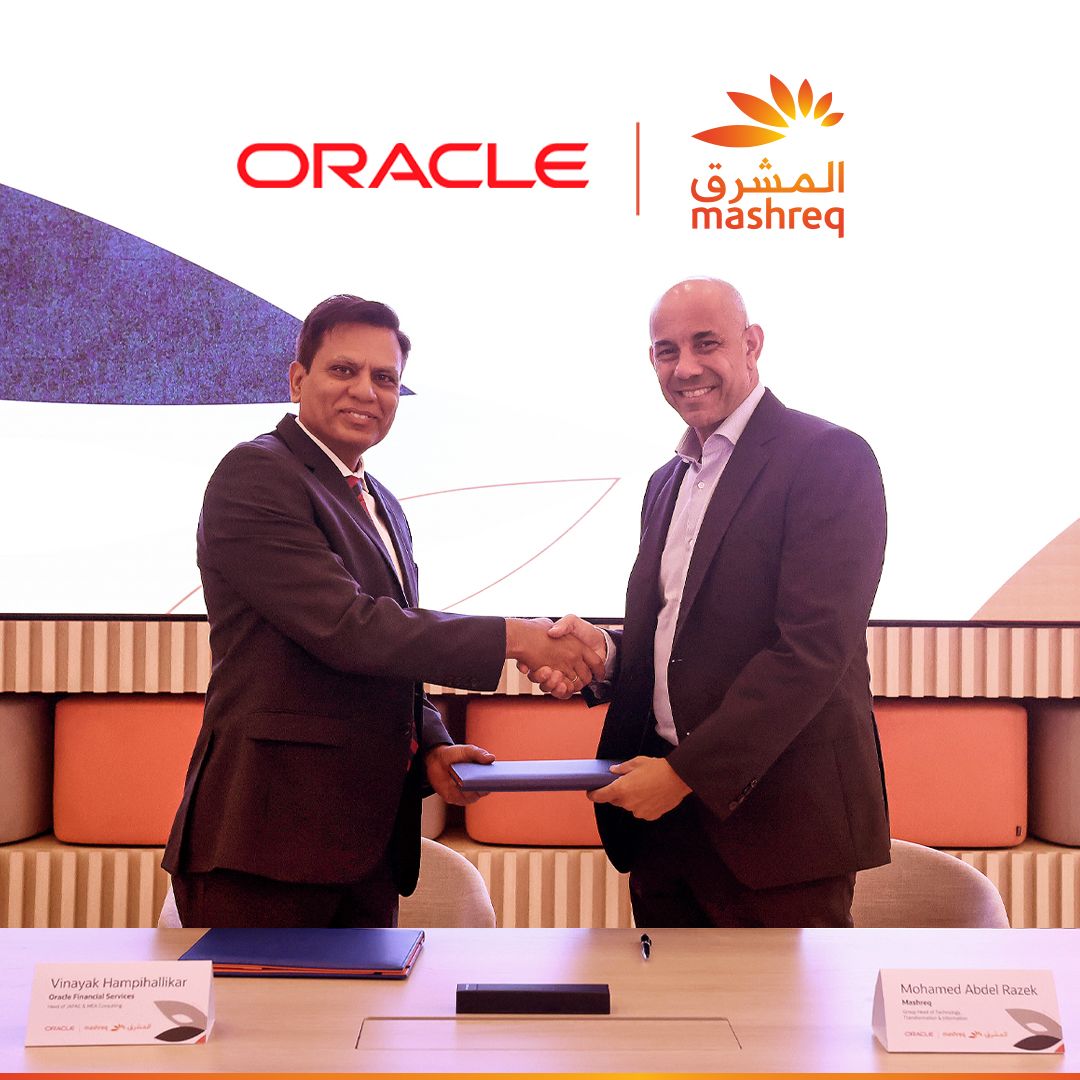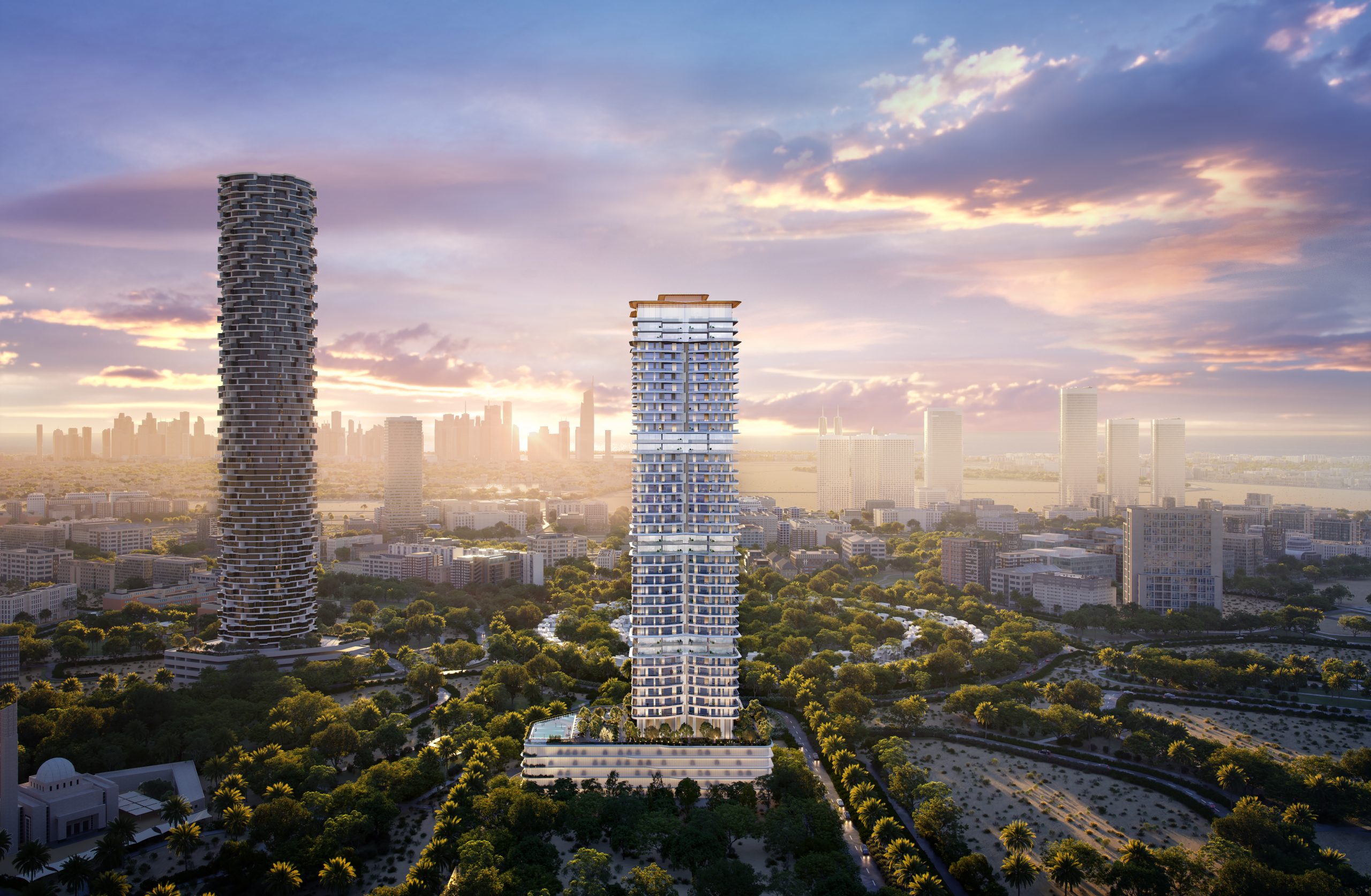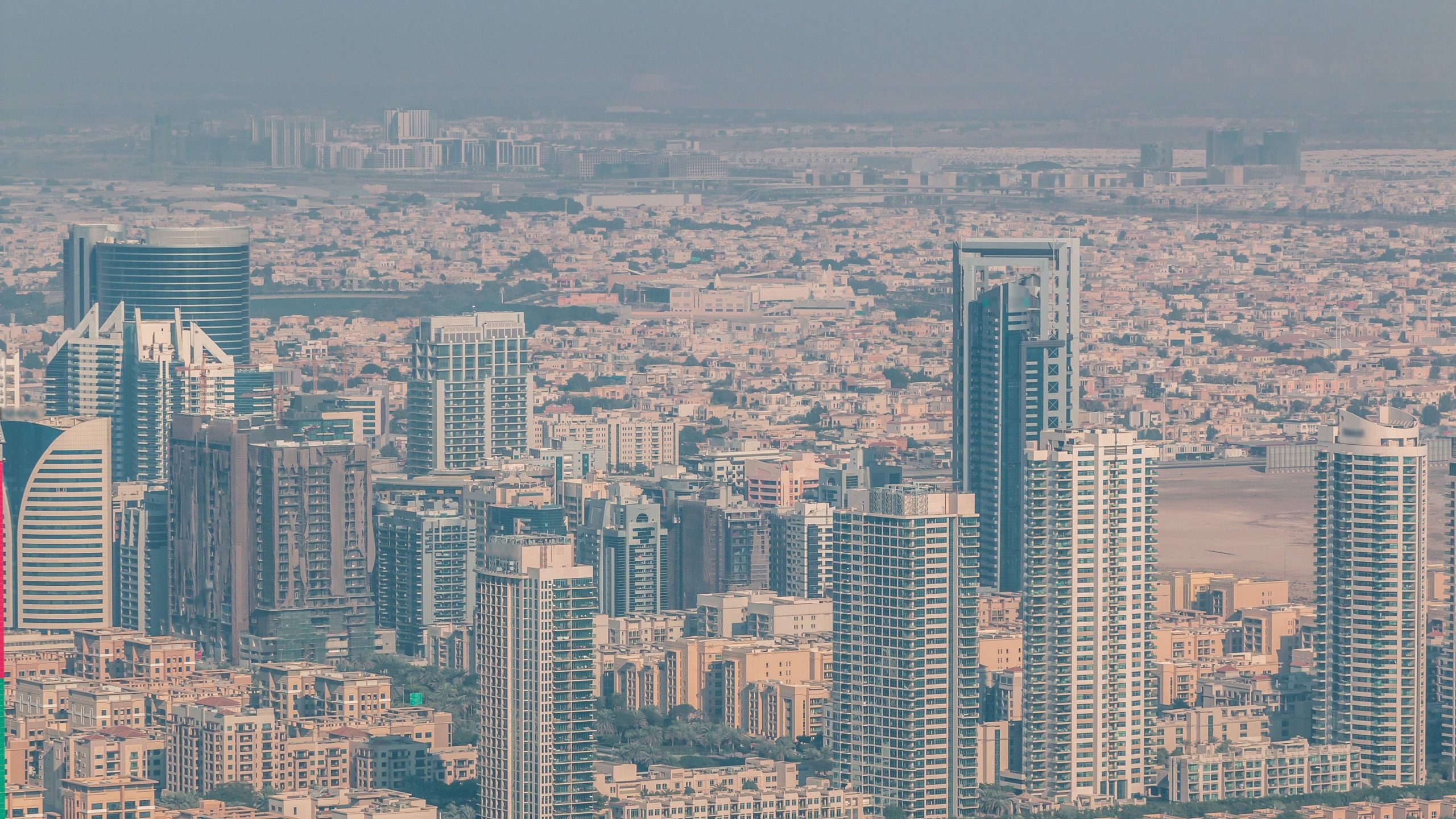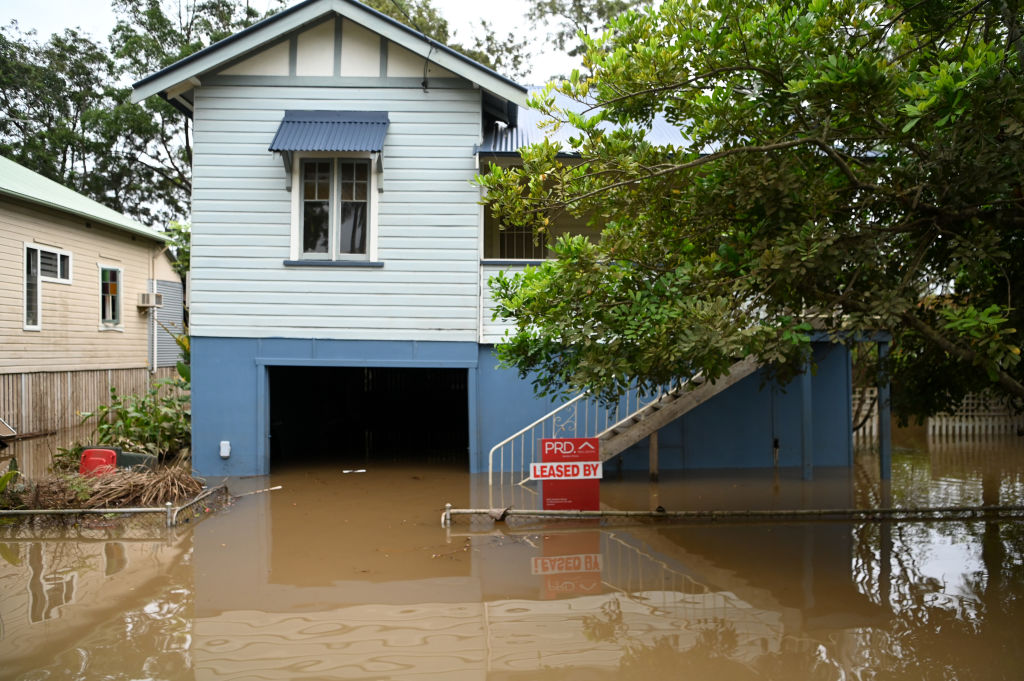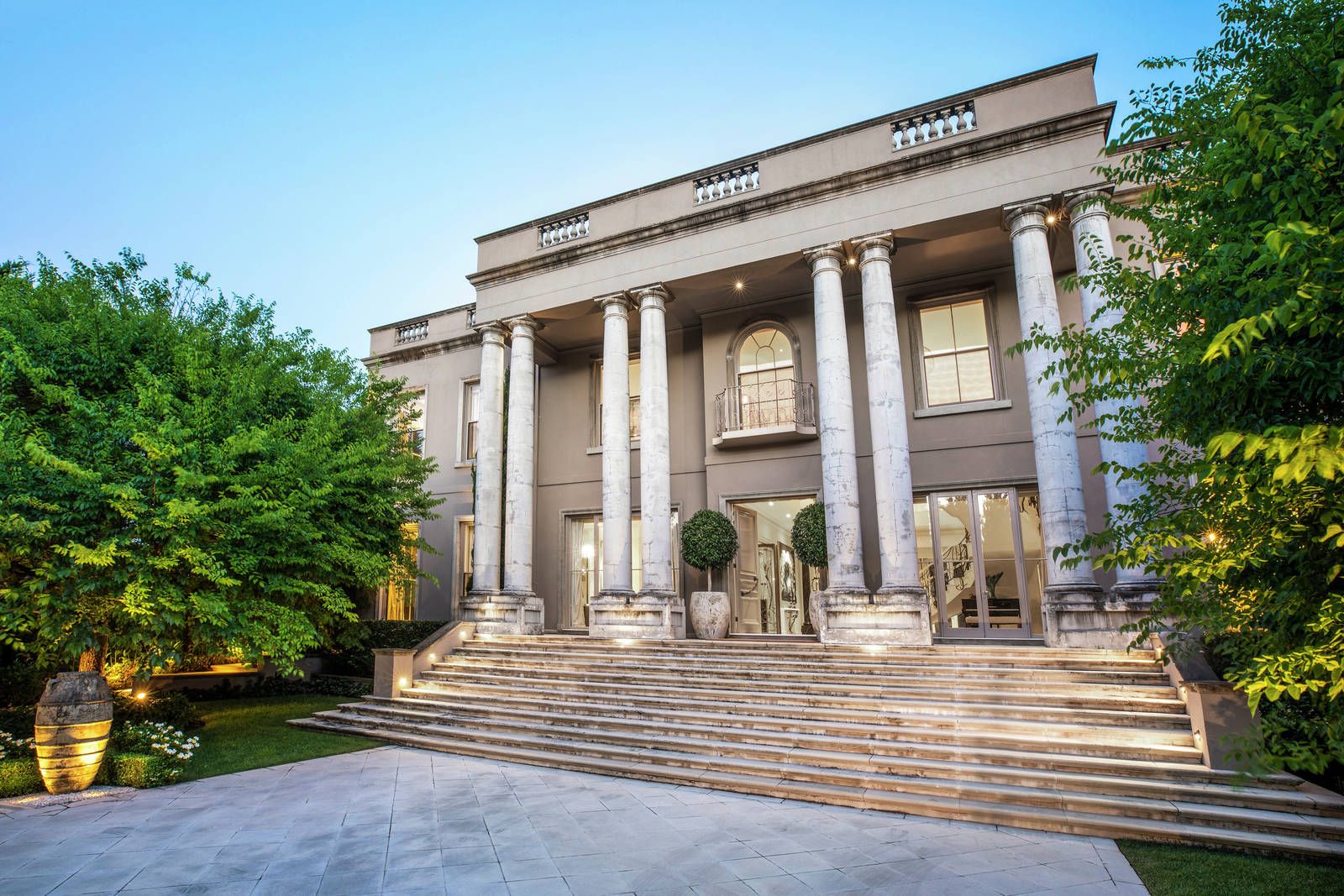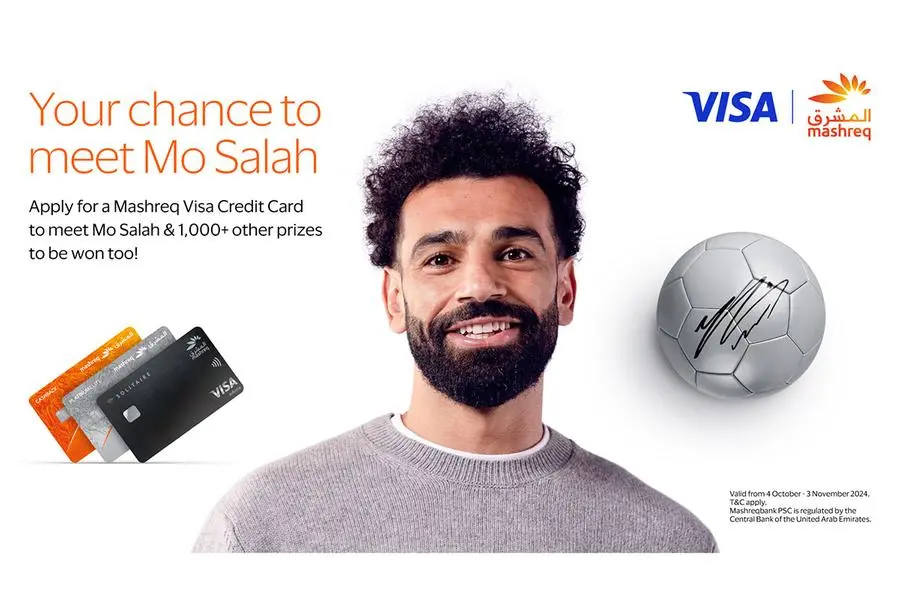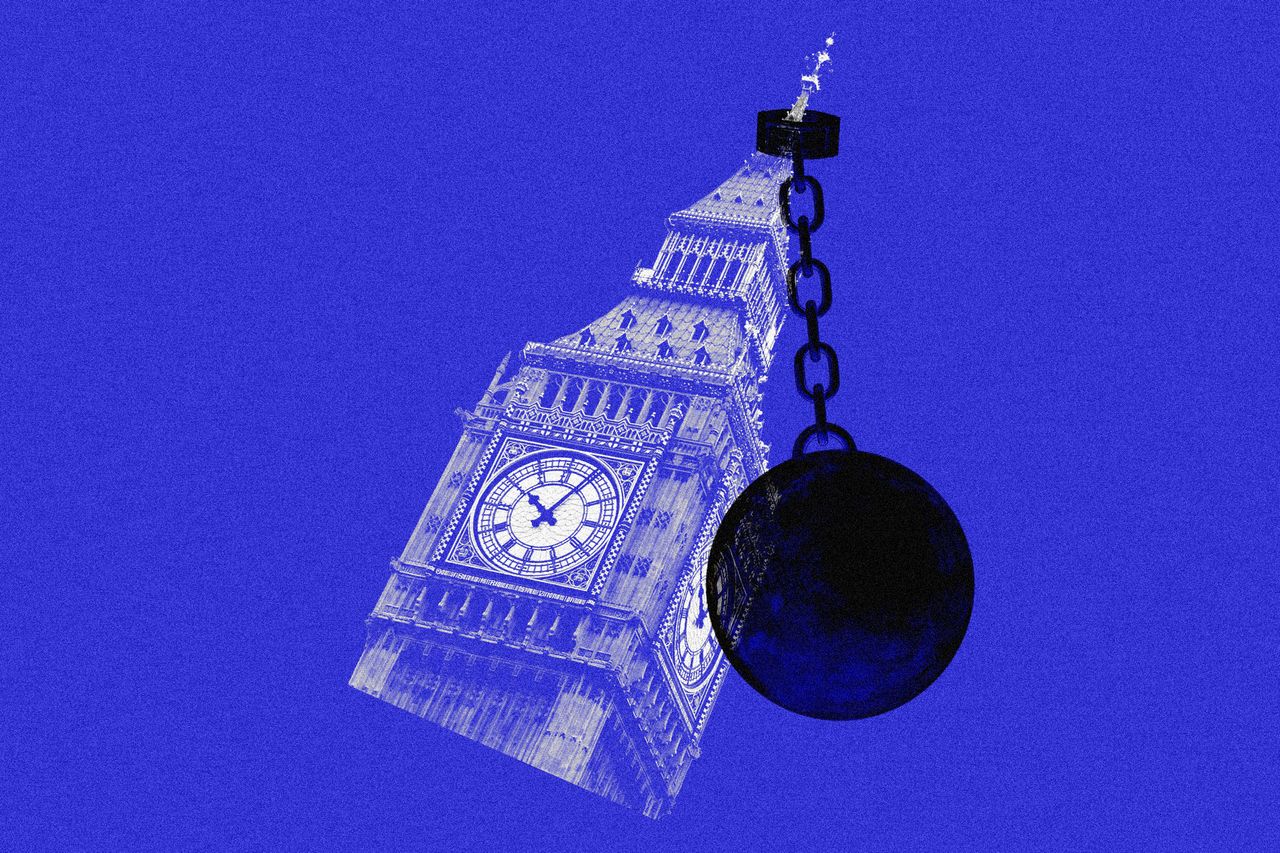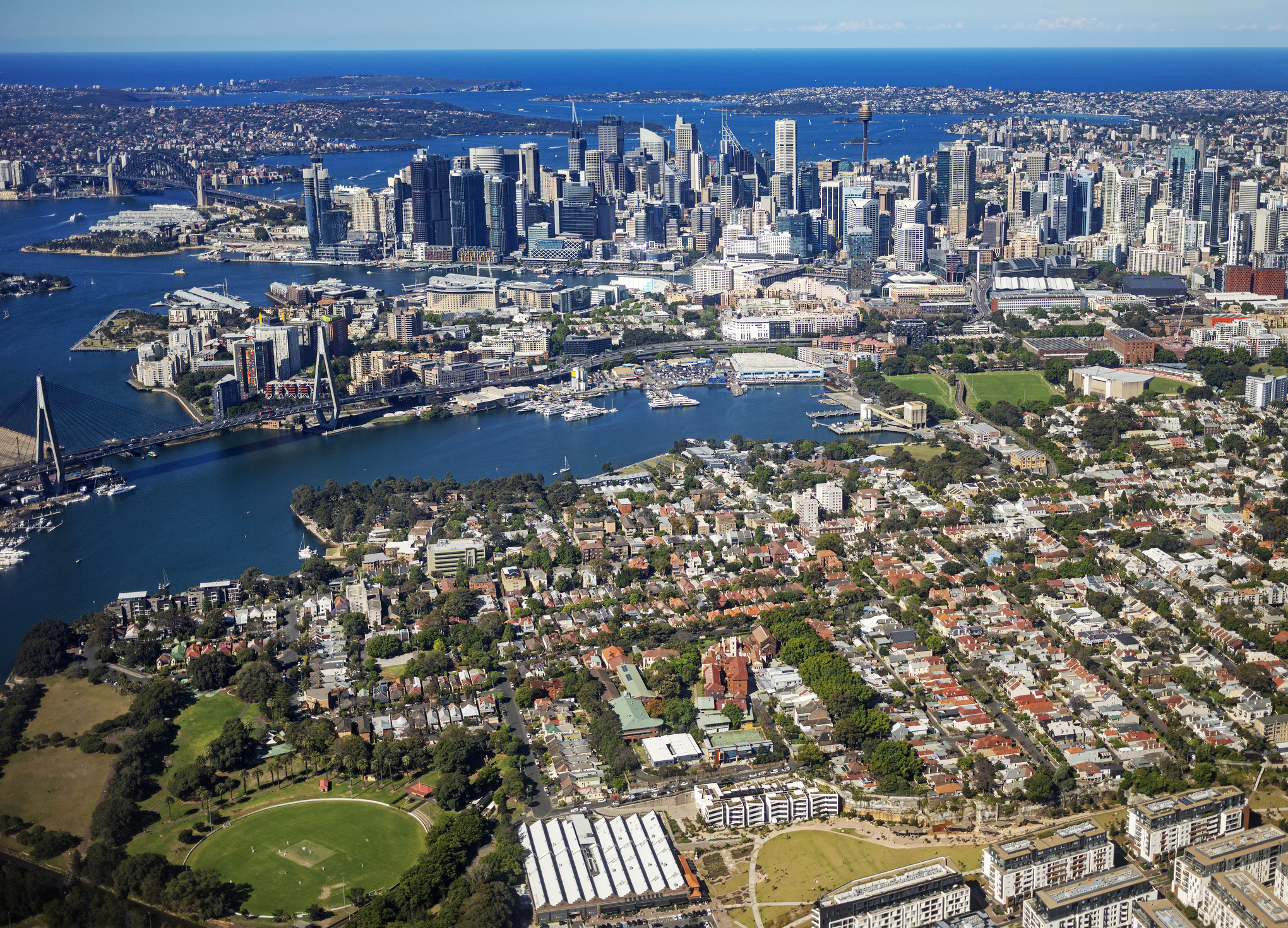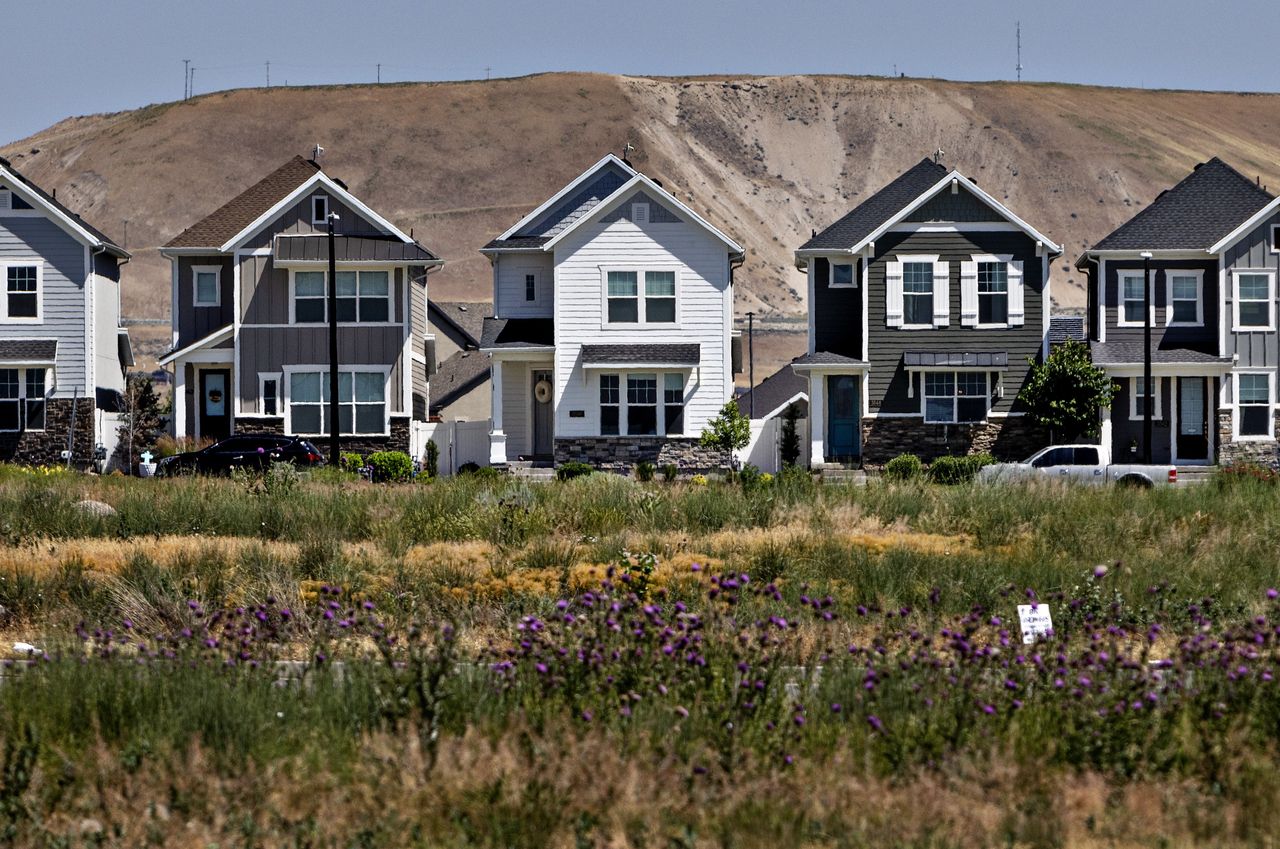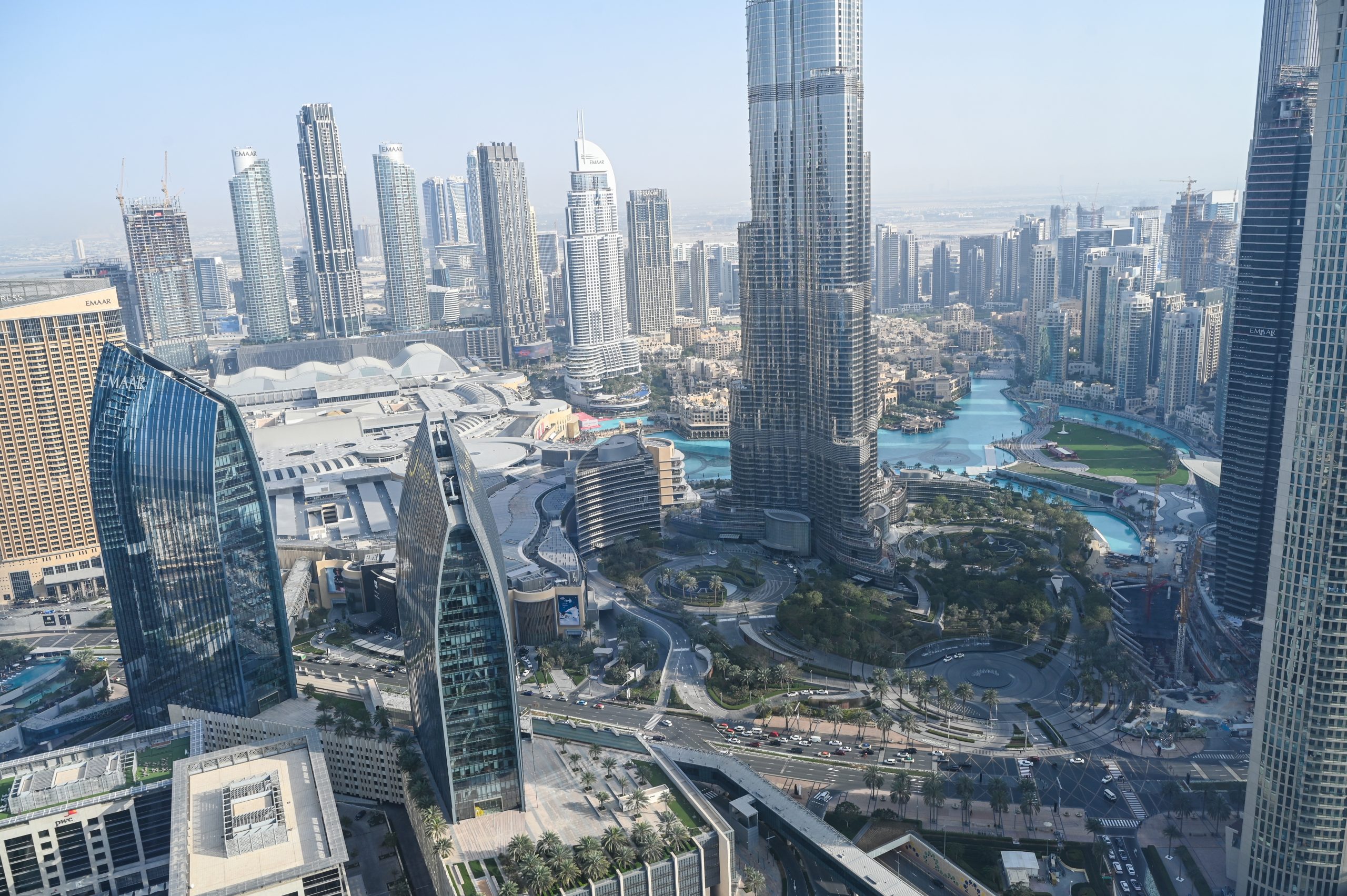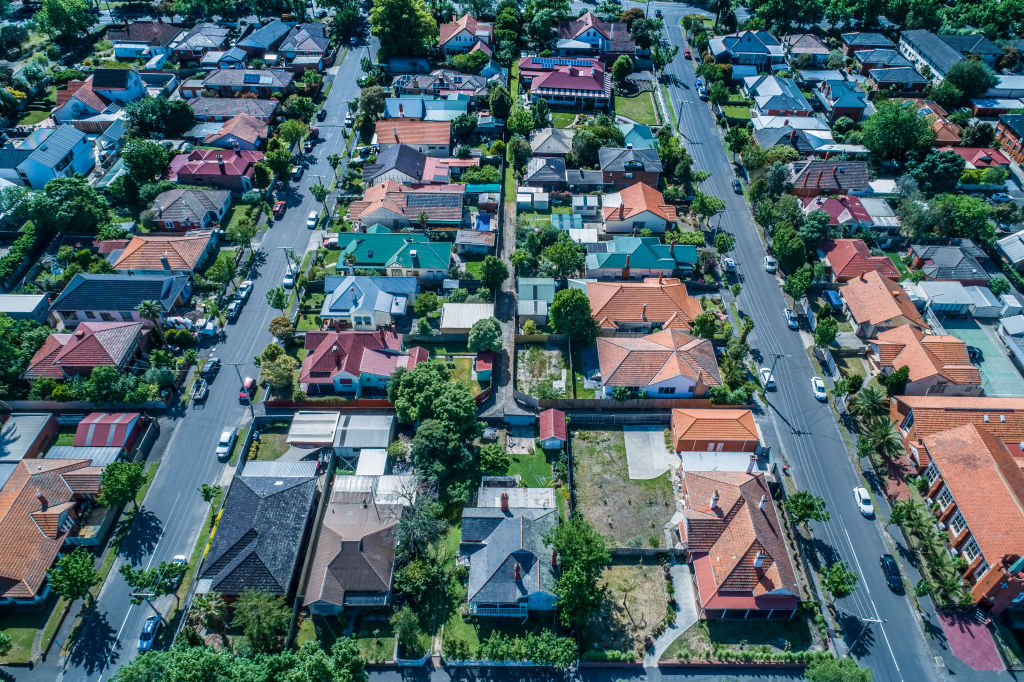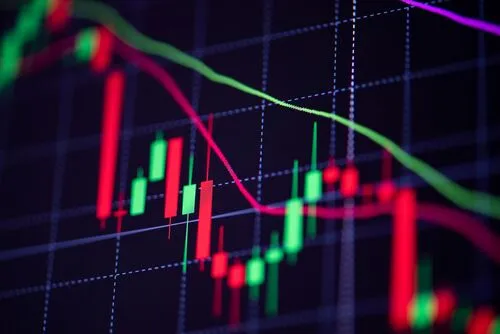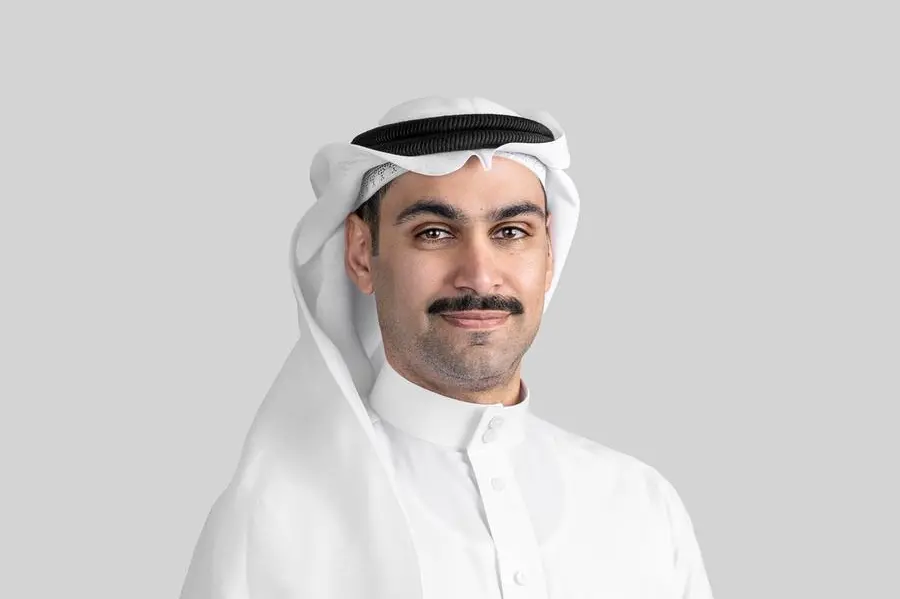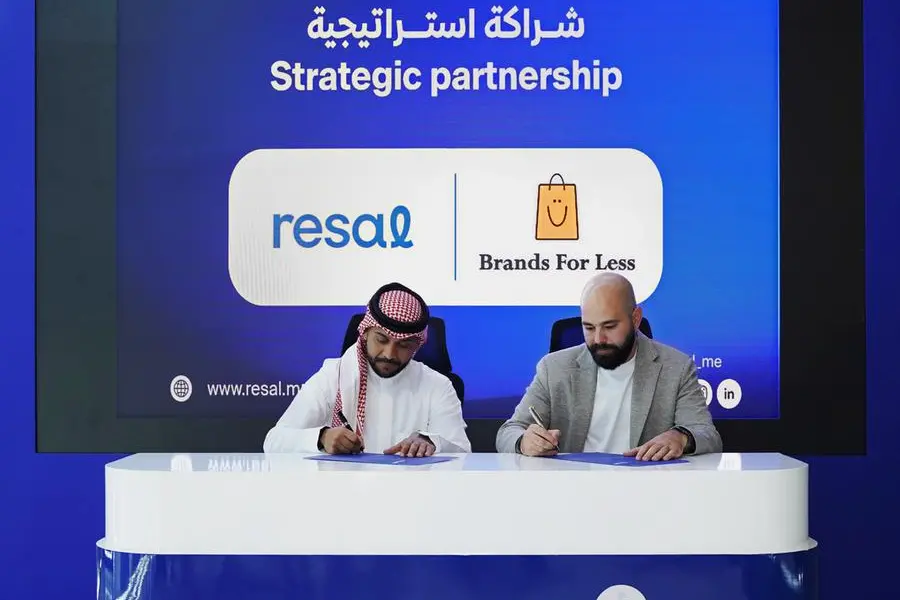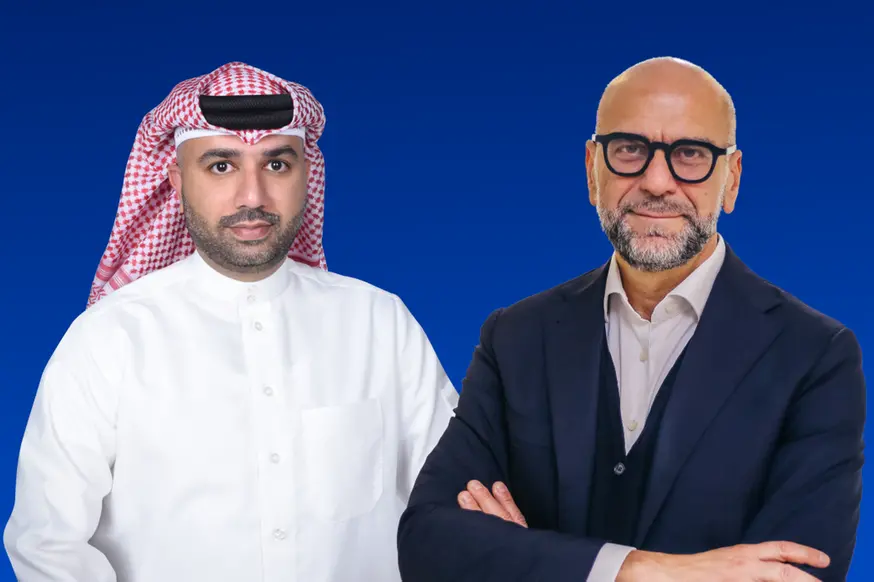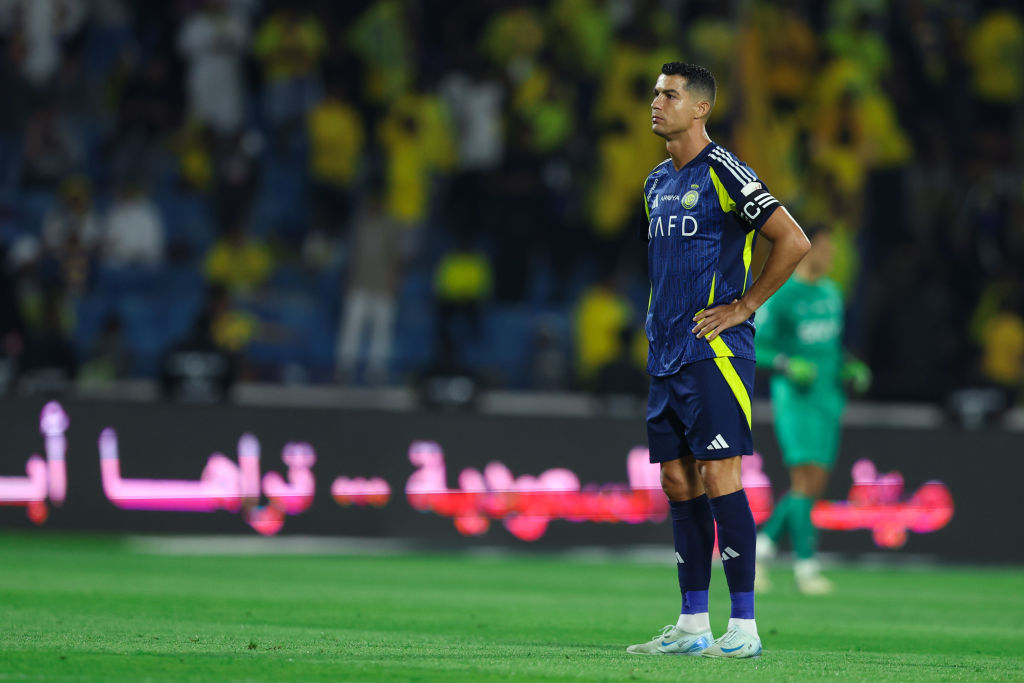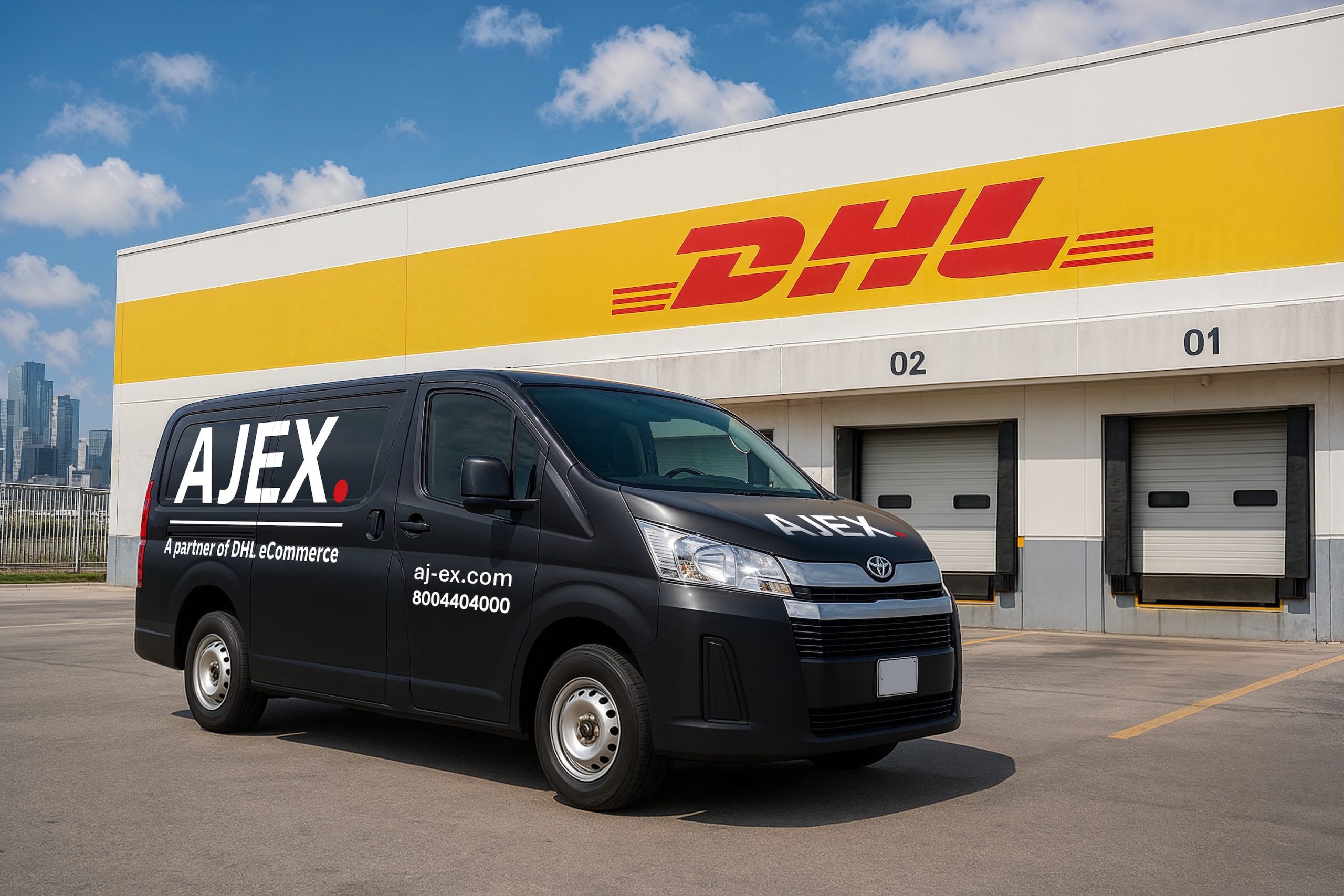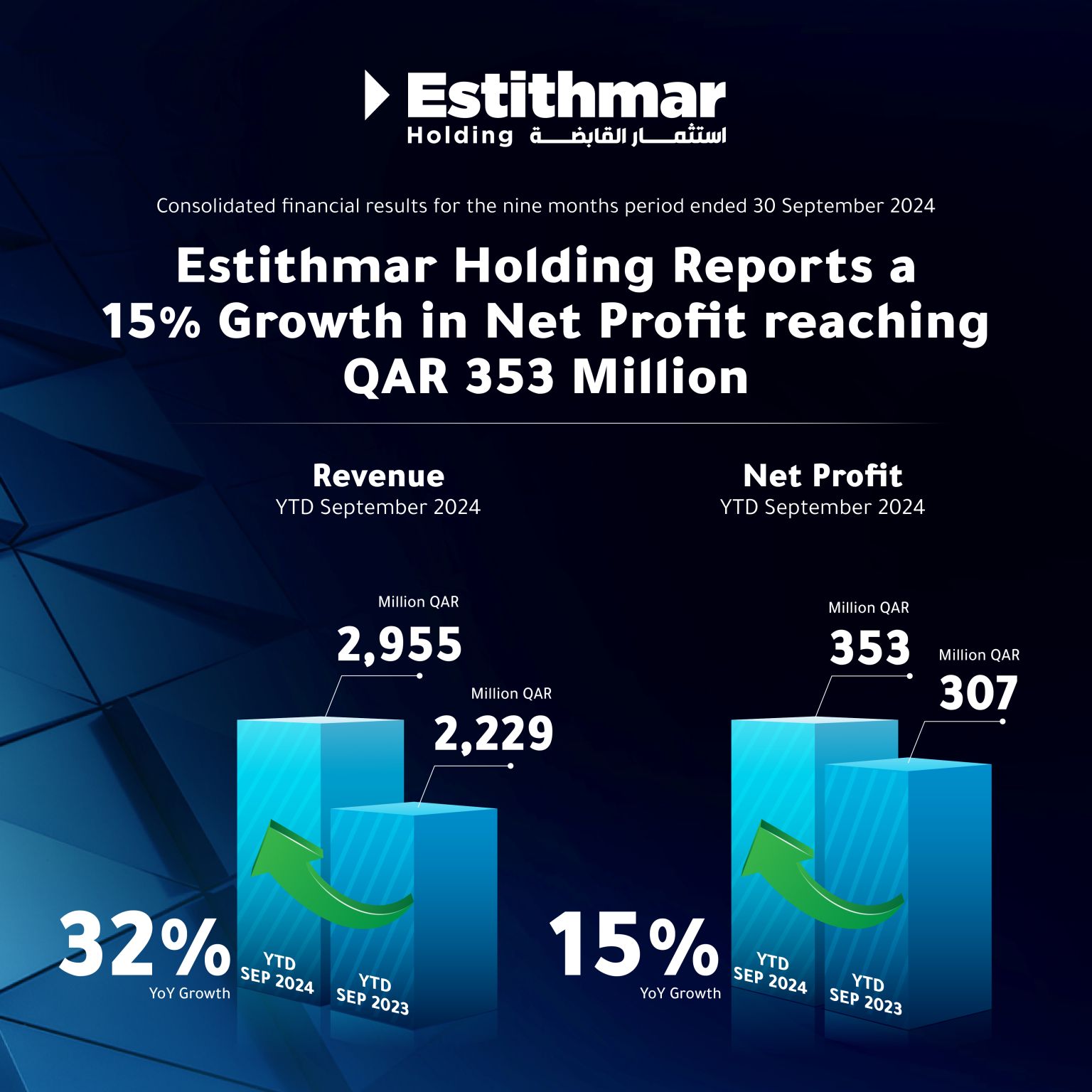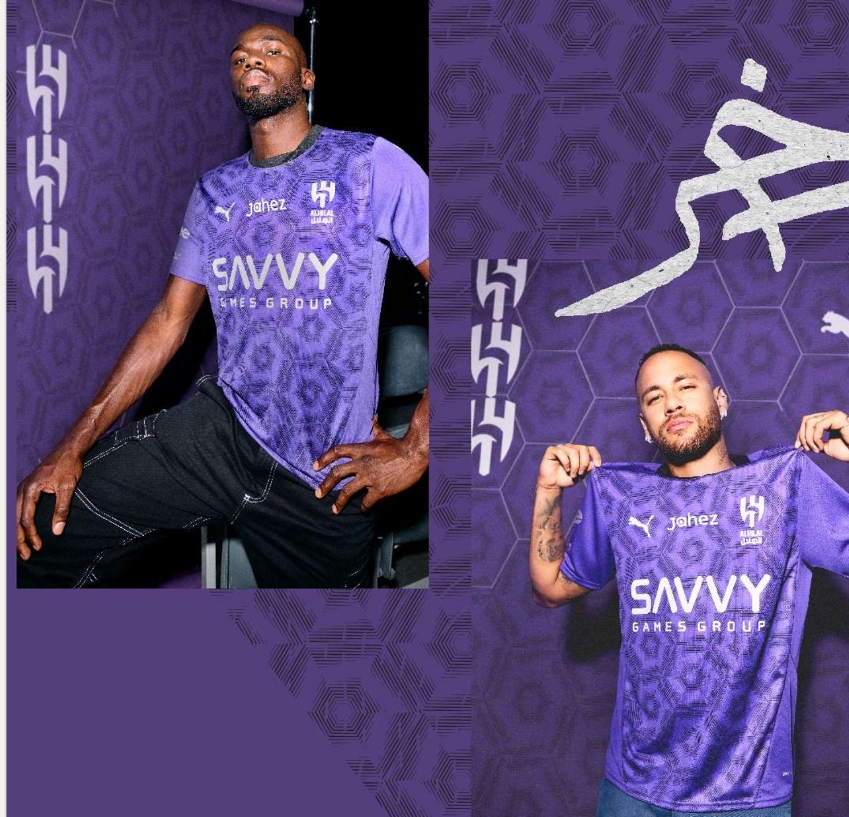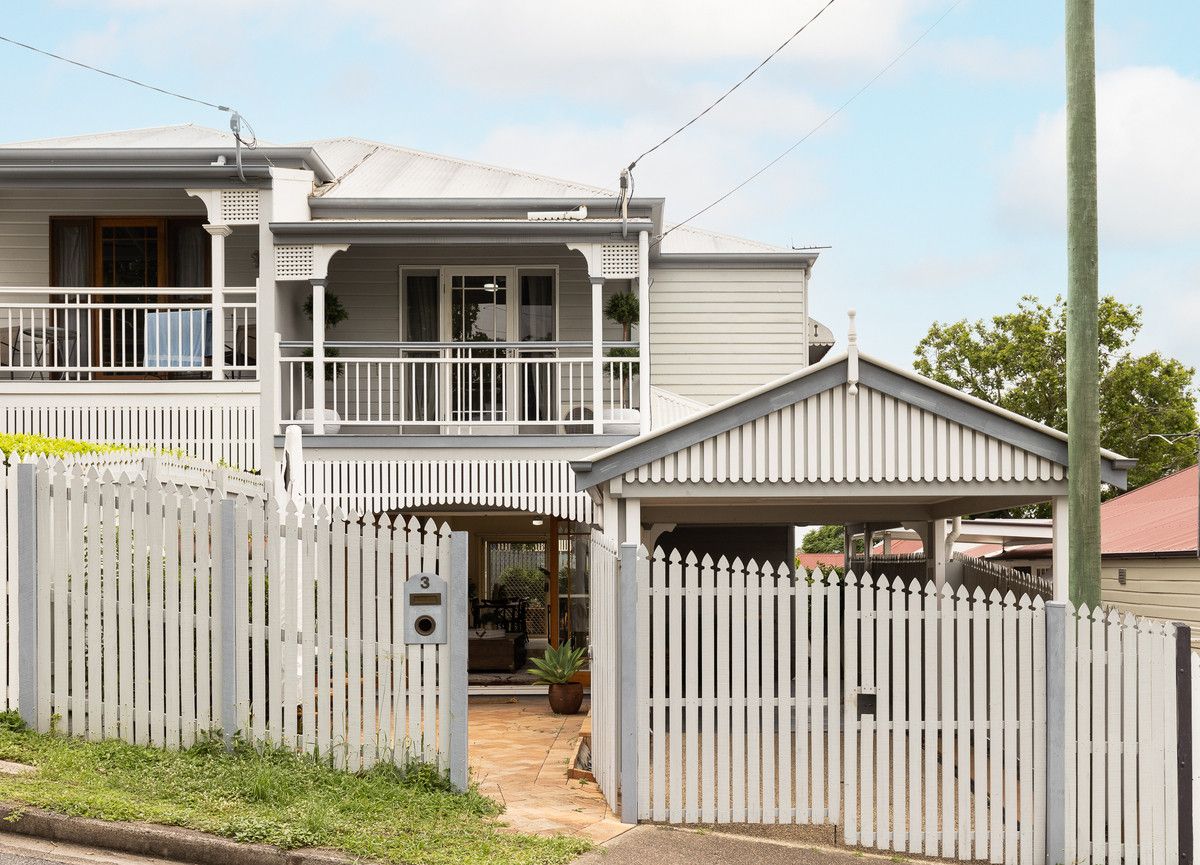Mashreq Bank Partners with Oracle financial services for Global Expansion and Innovation
Mashreq is modernizing its core systems and enhancing operations across key international markets through an extended partnership with Oracle Financial Services.
Mashreq Bank has announced an extended partnership with Oracle Financial Services to bolster its global growth. This strategic collaboration will see Mashreq replacing its core systems with Oracle solutions to modernize, streamline, and enhance operations in key international hubs, including Hong Kong, the United States, and the United Kingdom.
Additionally, Mashreq is establishing digital banks in Pakistan and Oman to offer cutting-edge financial services.
Partnership Details
Oracle will provide a robust foundation for Mashreq to integrate new entities and services, streamline operations, and comply with the latest industry standards as the bank expands into diverse geographies.
Mohamed Abdel Razek, Group Head of Technology, Transformation, and Information at Mashreq emphasized: “Our collaboration with Oracle aligns seamlessly with our vision of enabling innovative possibilities for our clients, colleagues and communities across our global footprint.
“The further modernisation of our operations across our network, and the establishment of digital banking services in key markets, underscore our commitment to delivering an unparalleled customer experience.
“Partnerships are a key focus area for us, being critical to deliver on our goals, and we are confident our collaboration with Oracle will further enhance our capabilities and performance.”
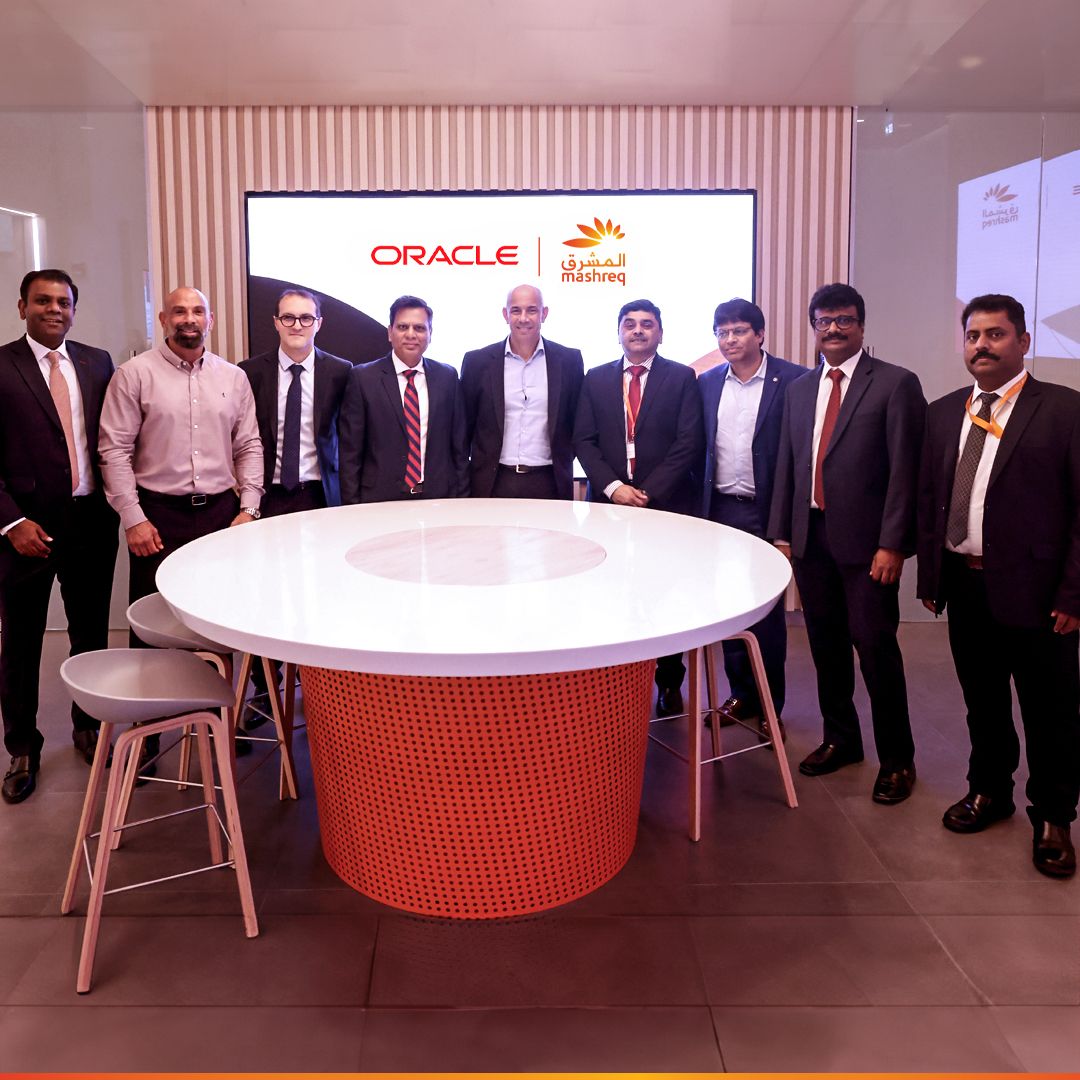
Oracle Financial Services‘ modern integration platform and APIs will enable Mashreq to scale, rapidly develop and add new services to meet evolving market demands and integrate with fintech partners to foster innovation.
With core banking information on Oracle’s common data platform, Mashreq will have the infrastructure to support advanced analytics, compliance, and strategic decision-making.
Vinayak Hampihallikar, Head of JAPAC & MEA Consulting at Oracle Financial Services, remarked, ” Extending our collaboration with Mashreq, which has spanned 14 years and five countries, is a testament to our innovation and commitment to help the bank deliver on its vision for superior customer satisfaction and global expansion goals.
“Our pioneering technology and consulting expertise will play a crucial role in supporting Mashreq’s expansion plans and helping to redefine the landscape of digital banking and operational excellence.”
Following a comprehensive competitive review, Mashreq awarded Oracle a global license expansion deal in June 2023 to deploy the latest version of the single-core banking platform for its retail and corporate businesses.
This includes adopting Oracle’s transaction banking platform for digital transaction banking, payments, trade finance, liquidity management, and virtual account management.
Saudi stocks closed higher after a rate cut aligned with the Fed, with TASI up 0.3% on energy-led gains and MBC surging 10% post-PIF deal. Aramco rose 1.9% and Ma’aden over 2%. Qatar (-0.4%) and Egypt (-0.4%) slipped on profit-taking, while Bahrain gained 0.7%, Oman fell 0.3%, and Kuwait eased 0.2%.
UAE aims to grow its companies to over 2 million and create 10 unicorns by 2031, said Economy & Tourism Minister Abdullah bin Touq. Entrepreneurs already own 94% of firms, with SMEs contributing 63.5% to non-oil GDP.
Women in the UAE are emerging as a driving force in financial markets — leading in savings, pensions, and long-term investments while diversifying across real estate, financial services, and emerging sectors.
Global debt hit a record $337.7T in Q2 2025, rising $21T in six months, per the IIF. Canada, China, Saudi Arabia, and Poland saw the sharpest debt-to-GDP jumps, while emerging markets’ debt reached $109T. The U.S.’s growing reliance on short-term borrowing raises risks for monetary independence.
Global debt hit a record high of $337.7 trillion at the end of the second quarter, driven by easing global financial conditions, a softer U.S. dollar and a more accommodative stance from major central banks, a quarterly report showed.
The Institute of International Finance, a financial services trade group, said that global debt rose over $21 trillion in the first half of the year to $337.7 trillion.
China, France, the United States, Germany, Britain, and Japan recorded the largest increases in debt levels in U.S. dollar terms, though some of that was due to a waning dollar, the IIF found. The U.S. currency has weakened 9.75% since the start of the year against a basket of major trading partners.
GLOBAL DEBT SURGE COMPARABLE TO COVID-ERA INCREASE
“The scale of this increase was comparable to the surge seen in H2 2020, when pandemic-related policy responses drove an unprecedented buildup in global debt,” the IIF said in its Global Debt Monitor.
Looking at debt-to-GDP ratios – an indicator of the ability to repay debt by comparing to what is being produced – Canada, China, Saudi Arabia and Poland saw the sharpest increases. The ratio declined in Ireland, Japan, and Norway, the report found.
Overall, the global debt-to-output ratio continued to move slowly lower, standing just above 324%. However, in emerging markets the ratio hit 242.4% – a new record after a downward revision on the last report in May.
Total debt in emerging markets rose by $3.4 trillion in the second quarter to a record high of more than $109 trillion.
BOND MARKET PRESSURES
Emerging markets face a record high of nearly $3.2 trillion in bond and loan redemptions in the remainder of 2025, the IIF said.
It warned that fiscal strains could intensify in countries such as Japan, Germany, and France, urging caution over so-called “bond vigilantes” – referring to investors who sell off bonds of countries whose finances they deem unsustainable.
“While government debt ratios rose sharply across emerging markets in H1 — most notably in Chile and China — market reaction has been stronger in mature markets this year,” the IIF said.
IIF WARNS OF RISING SHORT-TERM BORROWING
The report also highlighted concerns over U.S. debt, noting that short-term borrowing now accounts for about 20% of total government debt and roughly 80% of Treasury issuance.
That rising reliance on short-term debt could heighten political pressure on central banks to keep rates low, potentially threatening monetary policy independence, the report said.
Chris Dixon, a partner who led the charge, says he has a ‘very long-term horizon’
Americans now think they need at least $1.25 million for retirement, a 20% increase from a year ago, according to a survey by Northwestern Mutual
Daman UAE IPO Fund, the country’s only IPO-focused fund, is now open to retail investors with a minimum of AED 1,000, offering access to UAE, MENA, and global IPOs. Backed by Daman’s strong equity track record, it is well-positioned to benefit from robust regional IPO growth.
The Daman UAE IPO Fund (“Fund”), the only fund in the UAE established to exclusively target IPOs and recently IPOed companies listed on regulated stock exchanges in the UAE and globally, is entering a new phase of growth and accessibility.
Originally launched in 2022 by Daman Investments PSC for institutions and qualified investors only, the Fund has now been restructured to welcome retail investors with a significantly reduced minimum subscription amount of just AED 1,000 (or equivalent in other currencies). This evolution opens the door for a broader investor base to capitalize on the UAE’s dynamic IPO market and be part of the nation’s remarkable growth story, while also gaining selective exposure to other MENA countries and global IPOs and companies that have gone public on regulated stock exchanges over the past five years.
For retail investors, this also represents an excellent opportunity to tap into Daman Investments’ UAE and MENA expertise.
From its earliest days, Daman Investments has stood at the forefront of innovation in the UAE’s financial landscape. Founded with a vision to combine institutional discipline with entrepreneurial agility, Daman Investments quickly set itself apart as a firm willing to chart new paths for regional investors.
In 2001, it introduced the Daman UAE Value Fund, one of the first investment vehicles to offer structured access to the domestic equity markets at a time when such opportunities were limited. The closed-ended fund delivered exceptional results, officially closing its extended period of operation on June 30, 2006, with a closing ex-dividend NAV of AED 273.84. This represented a total return of 273.84% over the fund’s life, equivalent to an internal rate of return of 34.76% per annum. The fund’s remarkable performance solidified Daman Investments’ reputation as a pioneer in equity-focused investment solutions and a trusted partner in the region’s financial evolution.
Building on this success, Daman Investments launched the Daman Second Emirates Fund in 2007, further broadening investor access to UAE equities with a disciplined, long-term approach. In 2010, the firm broadened its investment horizon beyond the UAE with the launch of the Daman Fifth Fund, focused on undervalued blue-chip companies across the GCC.
The launch of the Daman UAE IPO Fund marks a continuation of this journey. With deep regional expertise, a strong track record in equity-focused strategies, and enduring trust in the UAE’s growth potential, Daman Investments remains committed to empowering investors to participate in the country’s dynamic economic future.
“I am particularly proud to present our UAE and regional markets to the retail investor. We launched Daman 27 years ago on the back of our belief in our equity markets and extending it to retail investors is a natural progression of this long-term mission of Daman”. said Shehab Gargash, Founder & Chairman, Daman Investments.
Since its inception, the Daman UAE IPO Fund has successfully secured allocations in multiple high-profile IPOs across industries, ensuring investors gain exposure to some of the country’s most promising enterprises.
“The Daman UAE IPO Fund is a very distinctive product in the highly competitive IPO subscription market. It not only gives investors convenient access to IPOs but also provides the added benefit of portfolio diversification by offering exposure to a carefully managed basket of opportunities with higher return potential,” said Ahmed Khizer Khan, Chief Executive Officer, Daman Investments.
MENA recorded its strongest first-half IPO performance since 2008, with 28 listings raising $4.9 billion—marking a 29% increase in proceeds compared to H1 2024. This growth was driven by key listings in Saudi Arabia and the UAE, including Umm Al Qura, Dubai Residential REIT, Flynas, and Almoosa Health.
Over the last four years, the UAE IPO market has been one of the most active in the region, raising $28.8 billion in proceeds through listings on the Dubai Financial Market (DFM) and Abu Dhabi Securities Exchange (ADX). Landmark IPOs such as DEWA, Americana, ADNOC Gas, Salik, Empower, ADNOC Logistics Services, ADNOC Drilling, Parkin, TECOM, and Spinneys have attracted record levels of oversubscription and investor demand.
With global IPO markets remaining muted, MENA continues to stand out as a beacon of opportunity. The consistent oversubscription of IPOs reflects strong investor confidence, and the Daman UAE IPO Fund is well-positioned to capitalize on this momentum, creating long-term value for investors across all segments.
Daman Investments believes that the outlook remains robust across the UAE and broader MENA region IPO markets, supported by a strong pipeline of companies preparing to go public.
To gain access to the Daman UAE IPO Fund, investors can open an account directly with Daman Investments or through select partner banks.
Chris Dixon, a partner who led the charge, says he has a ‘very long-term horizon’
Interior designer Thomas Hamel on where it goes wrong in so many homes.
Rupert Murdoch has reached a deal with his children that will pass control of his media assets to his eldest son, Lachlan.
The Murdoch family has reached a deal to end its yearslong battle over control of its media empire.
Lachlan Murdoch is set to take control of his father’s media assets as part of an agreement announced Monday between the patriarch and his children. Lachlan will control all the votes in a new trust that will hold sizable stakes in Fox Corp. and News Corp once the deal is completed.
The Murdoch trust, which currently holds roughly 40% voting stakes in Fox and Wall Street Journal parent News Corp, was initially designed to give each of his four oldest children an equal voting share.
As part of the settlement announced Monday, Rupert Murdoch’s children James, Elisabeth and Prudence will give up their claims to the existing trust. They will instead receive new trusts with cash funded in part by sales of some of the existing trust’s Fox and News Corp stock.
The three children will also be subject to a long-term agreement preventing them from buying shares in the companies.
Fox and News Corp shares fell slightly in after market trading.
The new agreement caps a tumultuous succession drama atop media companies whose holdings include cable giant Fox News, major newspapers in the U.S., U.K. and Australia; digital real-estate companies and HarperCollins Publishers. It also brings to a close a conflict that potentially threatened the futures of both News Corp and Fox Corp.
Murdoch, 94 years old, had sought to amend the family trust to put control in the hands of Lachlan. James, Elisabeth and Prudence opposed the change.
 Clockwise from top left: Lachlan Murdoch, James Murdoch, Prudence MacLeod and Elisabeth Murdoch arriving for a hearing in Nevada in September 2024.
Clockwise from top left: Lachlan Murdoch, James Murdoch, Prudence MacLeod and Elisabeth Murdoch arriving for a hearing in Nevada in September 2024.
Fred Greaves/Reuters
An acrimonious family battle has played out largely behind closed doors and in sealed court proceedings in recent years. Last December, a Nevada probate commissioner ruled against Murdoch’s efforts to amend terms of the trust and give control to Lachlan.
Murdoch sought the change, in part , because Lachlan is the one most aligned with his conservative political views as well as the best manager to run the companies.
New trusts will also be created for Lachlan, who is executive chair and chief executive officer of Fox Corp. and chair of News Corp, as well as the two children that Rupert Murdoch had with Wendi Deng. Grace and Chloe Murdoch are beneficiaries of the original trust .
A holding company owned by Lachlan, Grace and Chloe Murdoch’s new trusts will control about 36% of Fox and 33% of News Corp.
Rupert and Lachlan Murdoch had no comment beyond the announcement. A spokesman for Elisabeth Murdoch and Prudence MacLeod declined to comment. Deng and a representative for James Murdoch couldn’t be reached for comment.
A spokesman for Anna dePeyster, mother of Elisabeth, James and Lachlan, declined to comment.
Chris Dixon, a partner who led the charge, says he has a ‘very long-term horizon’
Following the devastation of recent flooding, experts are urging government intervention to drive the cessation of building in areas at risk.
Saudi stocks closed higher after a rate cut aligned with the Fed, with TASI up 0.3% on energy-led gains and MBC surging 10% post-PIF deal. Aramco rose 1.9% and Ma’aden over 2%. Qatar (-0.4%) and Egypt (-0.4%) slipped on profit-taking, while Bahrain gained 0.7%, Oman fell 0.3%, and Kuwait eased 0.2%.
Saudi Arabia’s stock market closed higher on Sunday after the Saudi Central Bank matched the U.S. Federal Reserve with a quarter percentage-point interest rate cut, while Qatar and Egypt slipped as traders cashed in profits from recent gains.
The Fed cut its policy rate by 25 basis points on Wednesday and indicated that more cuts would follow as it responded to signs of weakness in the U.S. jobs market.
Saudi Arabia’s benchmark index <.TASI> rose 0.3%, consolidating three days of gains on energy-led buying.
Oil behemoth Saudi Aramco <2222.> jumped 1.9% to a level last seen more than two months ago. Saudi Arabian Mining <1211.SE> advanced more than 2%.
MBC Group <4072.SE> surged 10%, mirroring the previous session’s strength after its unit Istedamah Holding sold its entire stake in MBC to the Public Investment Fund (PIF), the kingdom’s sovereign wealth fund.
Qatar’s benchmark index <.QSI> edged lower by 0.4%, ending a four-day winning streak with selling concentrated in energy and financial shares.
Qatar Islamic Bank <QISB.QA> declined nearly 2%, while Qatar Fuel <QFLS.QA> slid 1%.
Crude – a key catalyst to Gulf economies – slipped on robust supply and weakening demand, with Brent crude futures <LCOc1> settling at $66.68 a barrel, down 76 cents, or 1.1%.
Outside the Gulf, Egypt’s blue-chip index <.EGX30> also finished the session 0.4% lower, hit by a 2% fall in Commercial International Bank <COMI.CA>.
Orascom Construction <ORAS.CA>, however, jumped 3.7% for a third straight session after recently debuting its primary listing on Abu Dhabi’s main index <.FTFADGI>, while retaining its secondary listing on the Egyptian exchange.
| SAUDI ARABIA | <.TASI> climbed 0.3% to 10,809 |
| QATAR | <.QSI> shed 0.4% to 11,267 |
| EGYPT | <.EGX30> slipped 0.4% to 35,247 |
| BAHRAIN | <.BAX> rose 0.7% to 1,937 |
| OMAN | <.MSX30> fell 0.3% to 5,110 |
| KUWAIT | <.BKP> declined 0.2% to 9,417 |
Chris Dixon, a partner who led the charge, says he has a ‘very long-term horizon’
UAE aims to grow its companies to over 2 million and create 10 unicorns by 2031, said Economy & Tourism Minister Abdullah bin Touq. Entrepreneurs already own 94% of firms, with SMEs contributing 63.5% to non-oil GDP.
Abdullah bin Touq Al Marri, Minister of Economy and Tourism, affirmed that startups and entrepreneurs constitute a fundamental pillar in the UAE’s economic growth journey, noting that the country aims to increase the number of companies to more than two million by 2031.
In a press conference announcing the details of the national campaign ‘The Emirates: The Startup Capital of the World’, Al Marri added that the UAE also aims to see 10 unicorns emerge during the same period, with about five unicorn companies having already originated from the country.
He pointed out that the campaign supports these national goals by providing an enabling environment that empowers youth to launch their entrepreneurial ventures and achieve growth and expansion.
He explained that the UAE possesses comprehensive strategies that encompass economic clusters, food security, economic openness through Comprehensive Economic Partnership Agreements, as well as strategies for innovation and intellectual property protection, affirming the readiness of the national infrastructure to support the growth of startups at both the federal and local levels.
He noted that the UAE today hosts more than 1.2 million companies, of which around one million are owned by entrepreneurs, representing nearly 94% of the total. This, he emphasized, reflects the pivotal role of entrepreneurs in strengthening the national economy.
The small and medium-sized enterprises (SMEs) contributed 63.5% to the non-oil GDP of the national economy by mid-2022, while SMEs account for 95% of the total number of companies operating in the UAE markets.
Chris Dixon, a partner who led the charge, says he has a ‘very long-term horizon’
Women in the UAE are emerging as a driving force in financial markets — leading in savings, pensions, and long-term investments while diversifying across real estate, financial services, and emerging sectors.
Women are no longer on the sidelines of the UAE’s financial markets. Far from being cautious newcomers, women in the UAE are building diversified portfolios, aligning with growth sectors, and showing striking confidence in both the local economy and the long-term outlook of UAE companies.
eToro’s latest survey reveals that among UAE investors, women are leading in savings and pensions, with higher participation rates than men in both areas. 81% have a savings account (vs. 74% of men), and 26% invest in pensions (vs. 12% of men). More than half (54%) also hold crypto, highlighting their openness to emerging asset classes.
Dr Heloise Greeff, Popular Investor at eToro, remarks that women are also seasoned participants. More than 70% have been investing for more than three years, and a small but notable proportion (5%) have more than a decade of experience. They are also much more likely than men to hold their investments for years (43% of women vs. 30% of men), reinforcing their steady, long-term commitment.
This aligns closely with their primary financial goals. While women share the same top ambition as men — achieving financial independence (52% women vs. 51% men) — they are more likely to invest with long-term security in mind (49% women vs. 46% men).
Real estate (44%) and financial services (54%) dominate their sector allocations, but their ambitions extend further. In the next three months, many women investors plan to increase their allocations in renewables (39%), healthcare (38%), technology (36%), and discretionary consumer goods (38%). This approach aligns closely with the UAE’s broader growth agenda, signaling that women are proactively and strategically anticipating its next moves.
Women investors in the UAE are also responsive to market developments. Results show that a combined 91% have already adjusted (46%) or are planning to adjust (45%) their portfolios in response to global trade tensions and tariff announcements.
Both women and men view gold (50% vs. 49%) and real estate (44% vs. 45%) as reliable assets during periods of volatility. However, differences emerge in asset classes: men are notably more likely to favor crypto (52% vs. 38% of women), while women show greater preference for local equities (35% vs. 26% of men) and cash holdings (26% vs. 19%). These patterns suggest that in a volatile market environment, women tend to prioritize relatively stable or familiar asset classes, whereas men demonstrate a stronger inclination toward higher-risk digital assets.
What clearly unites both genders, however, is their overwhelming confidence in the local economy. 92% of both men and women are confident in the current UAE economy, with similar trust in the long-term performance of UAE-listed companies (92% men, 91% women). Optimism is firm across everyone, with 81% of women and 82% of men expecting significant market gains in the next 12 months.
These insights challenge long-standing stereotypes. Women in the UAE are showing they are comfortable blending traditional and alternative assets, adept at identifying growth sectors, and willing to commit to a long-term view. They are experienced, empowered, and increasingly influential in setting the tone for the UAE’s investment future.
This evolution is not happening in isolation. National initiatives such as the UAE Gender Balance Council and the National Financial Inclusion Strategy are enabling an environment for women to expand their financial literacy, access investment opportunities, and secure their independence. The result is a growing cohort of female investors who are not only managing their personal wealth but also contributing to the resilience and dynamism of the UAE’s financial markets.
In short, women investors are a driving force in the UAE’s retail investment landscape.
Chris Dixon, a partner who led the charge, says he has a ‘very long-term horizon’
The OpEx First KSA 2025 Summit concluded in Riyadh, bringing together leaders to advance efficiency, sustainability, and innovation in line with Vision 2030. Highlights included the launch of OELeap, AI and digital transformation sessions, and awards honoring excellence in driving Saudi Arabia’s transformation.
The inaugural OpEx First KSA 2025 Summit concluded in Riyadh with resounding success, uniting senior government officials, industry leaders, and global innovators to chart the next phase of Saudi Arabia’s transformation journey. As the Kingdom accelerates efforts to realize ambitions, the event served as the nation’s first dedicated platform for operational excellence, setting the tone for a future built on efficiency, sustainability, and innovation.
The summit opened with the Saudi national anthem and welcome remarks before delegates were introduced to a thought-provoking keynote on industrial automation and the role of advanced technologies in scaling efficiency across vital industries.
Eng. AbdulRazzag Al Aujan, H.E. Ministry of Finance Advisor added, “Operational Excellence is not a passing administrative practice. It is a structured philosophy and a deep-rooted organizational culture founded on discipline, mastery, and excellence in execution. It seeks to maximize efficiency, enhance effectiveness, and create value at every level. It is a continuous journey of improvement and innovation that places customer experience and service quality at the heart of decision-making. It inspires teams to embrace creativity, ownership, and agility in adapting to challenges and opportunities alike. OpexFirst KSA 2025 is a dedicated platform for discussing all the current trends and challenges and uniting the leaders and visionaries of continuous improvement.”
From the outset, discussions underscored the importance of operational excellence as a catalyst for achieving economic diversification, enhancing competitiveness, and strengthening public-private synergies.
Throughout the day, sessions delved into data-driven decision-making, digital transformation, and the integration of artificial intelligence and automation into core operations.
At the event, Kafaa, a leading Saudi consulting firm in Operational Excellence, announced a strategic partnership with Team Assurance to launch OELeap, a next-generation platform designed to transform the way factories achieve operational excellence in the Kingdom.
“This partnership with Team Assurance brings together global best practices and local expertise to empower Saudi factories with tools that drive efficiency, competitiveness, and sustainable excellence,” said Eng. Majed Almeleak, CEO and Board Member at Kafaa.
Yasmin Bin Mobki, General Manager of Privatization, and PMO, Ministry of Human Resources and Social Development reiterated, “The OpEx First KSA 2025 Summit was an excellent platform for exchanging knowledge and experiences on operational excellence. I was pleased to contribute to the panel discussion on how organizations can embed innovation and empower their people to sustain transformation. Summits like this are vital for driving collective learning and accelerating progress toward Vision 2030”
The conference also spotlighted awards and a workshop by the King Saud University on Business Process Improvement. Other topics covered are sustainability, examining how Saudi Arabia’s giga-projects are embedding green innovation in line with the Saudi Green Initiative and the nation’s net-zero 2060 targets.
Distinguished speakers from leading organizations such as Ministry of Finance, HRSD, SIPCHEM, Roads General Authority, EXPRO, Red Sea Global, Ma’aden amongst many other renowned entities and ministries, contributed insights on how operational excellence principles are shaping workforce transformation, strengthening supply chains, and ensuring long-term resilience in an evolving global economy.
In addition to the strategic sessions, the summit offered delegates an exclusive exhibition tour and networking opportunities, fostering partnerships designed to accelerate transformation and unlock new opportunities for growth.
For instance, as Gold Sponsor of OpEx First KSA 2025, Cyborg Automation Hub is proud to help organizations advance Saudi Vision 2030 by uniting AI, automation at scale, and process intelligence into real operational results. Together with their ecosystem partners, they are enabling transparent, sustainable, and resilient automation across Saudi industry
OpEx First KSA 2025 closed with an awards ceremony recognizing the leaders in operational excellence in the Saudi, followed by a strong call to action, affirming that operational excellence is not only a management framework but a national imperative for achieving Vision 2030 and positioning Saudi Arabia as a global hub for innovationand sustainable development.
Chris Dixon, a partner who led the charge, says he has a ‘very long-term horizon’
Fitch Ratings lifted its 2025 global growth forecast to 2.4% (up from 2.2%), with upgrades for China (4.7%), the eurozone (1.1%), and the US (1.6%). Still, growth remains well below trend as US tariffs weigh heavily on outlook, consumer spending slows, and inflation pressures persist.
Fitch Ratings has raised its world growth forecasts for 2025 moderately since the June Global Economic Outlook (GEO) on better-than-expected incoming data for 2Q25. But there is now evidence of an underlying US slowdown in ‘hard’ economic data and positive surprises on eurozone growth have partly reflected US tariff front-running. Fitch still expects world GDP to slow significantly this year.
Global growth is now forecast to be 2.4% in 2025, up 0.2pp since June but a sizeable slowdown from 2.9% last year and below trend. China’s forecast has been raised to 4.7% from 4.2%, the eurozone’s to 1.1% from 0.8% and the US’s to 1.6% from 1.5%. World growth for 2026 is 0.1pp higher at 2.3%.
There has been a reduction in uncertainty over US tariff policy after a flurry of announcements. Our latest estimate of the average US effective tariff rate (ETR) is 16%, very close to the rate assumed in June. Mexico and Canada face lower ETRs, due to better USMCA compliance and Europe’s ETR is also slightly lower, but this is offset by higher-than-expected rates for Asia excluding China.
“Greater clarity about US tariff hikes does not alter the fact that they are huge and will reduce global growth. And evidence of a slowdown in the US is now appearing in the hard data; it’s no longer just in the sentiment surveys,” said Brian Coulton, Chief Economist at Fitch.
Pass-through from this huge jump in the ETR to US CPI inflation has so far been modest. There is some evidence in the US national accounts that the tariff shock has been absorbed partly by downward pressures on corporate profits, but we expect pass-through to accelerate later this year.
Higher inflation will dampen real wage growth and weigh on US consumer spending, which has already slowed notably in 2025. Job growth has also decelerated markedly, partly reflecting the impact of the immigration squeeze on labour force growth. A widening fiscal deficit should support demand in 2026, but Fitch expects the US annual average GDP growth rate to remain well below trend at 1.6% next year.
China’s export growth has held up well in the face of the US tariff shock as a depreciating nominal effective exchange rate and falling export prices have helped a redirection of foreign sales. Fiscal easing is supporting growth, but private domestic demand growth seems to be weakening, and deflation is increasingly entrenched.
Eurozone exports are unlikely to sustain their 1H25 pace and, with the consumer recovery fading, we do not expect GDP to expand in 2H25. German fiscal easing will provide more support next year.
The weakening in the US job market should persuade the Federal Reserve to cut rates more quickly than we previously anticipated. We expect cuts of 25bp in September and December, with three more in 2026.
With the ECB now looking unlikely to lower rates again, we see little prospect of a rebound in the dollar after the broad-based depreciation in 1H25. Long-term 30-year government bond yields in the US, UK, Germany and Japan continue to see upward pressure, possibly reflecting concerns about supply.
Chris Dixon, a partner who led the charge, says he has a ‘very long-term horizon’
The European Council confirmed the first EU–Egypt summit will be held in Brussels, bringing together President El-Sisi, President Costa, and President von der Leyen to advance the 2024 strategic partnership and address regional and global challenges.
The European Council has officially confirmed that the first-ever EU–Egypt summit will be held in Brussels on October 22, 2025, marking a milestone in relations between Cairo and Brussels. The high-level meeting will bring together Egyptian President Abdel Fattah El-Sisi, European Council President António Costa, and European Commission President Ursula von der Leyen.
This historic summit comes within the framework of the comprehensive strategic partnership launched in March 2024, which laid the foundations for deeper cooperation across multiple fields. The partnership reflects a shared commitment to advancing political dialogue, economic development, and social stability, while reinforcing the role of both the EU and Egypt as pivotal actors in the Mediterranean region.
Discussions at the summit will cover a broad spectrum of critical global and regional issues. Key priorities will include the evolving situation in the Middle East, the implications of Russia’s war against Ukraine, and the importance of defending multilateralism in a polarized international order. Leaders will also address migration management, trade expansion, climate resilience, and security collaboration, all of which are essential to building a sustainable and prosperous future for both Europe and Egypt.
The European Council emphasized that this summit is not only symbolic but also strategically important, as it will serve as a platform to reaffirm mutual interests and outline tangible steps for implementing the strategic partnership. The agenda will highlight opportunities for investment in infrastructure, renewable energy, digital transformation, and green growth, as well as initiatives to enhance people-to-people exchanges, education, and cultural cooperation.
By hosting this first-of-its-kind summit, the EU aims to send a clear message of support for Egypt’s role as a key regional partner in promoting stability, managing migration flows, and driving economic integration. For Egypt, it offers an opportunity to deepen its ties with one of its largest trading partners and investors, while showcasing its role as a bridge between Africa, the Arab world, and Europe.
Chris Dixon, a partner who led the charge, says he has a ‘very long-term horizon’
OPEC’s September report highlights the UAE’s resilience with PMI at 53.3, Fitch’s “AA-” stable rating, 24% trade growth, and nearly 10M Dubai visitors, while global oil demand growth stays steady into 2026.
The Organisation of the Petroleum Exporting Countries (OPEC) in its Monthly Oil Market Report (MOMR) for September 2025 highlighted that non-oil activities in the United Arab Emirates (UAE) continued to demonstrate strong resilience, with overall output growth remaining steady. The report noted that the UAE’s Purchasing Managers’ Index (PMI) rebounded in August to 53.3, after easing in July to 52.9, its lowest level in four years, as regional uncertainty and intensifying competition weighed on new orders.
The report further underlined that the country’s macroeconomic resilience was also reflected in Fitch Ratings’ affirmation of the UAE’s sovereign credit rating at “AA-” with a stable outlook, underscoring the strength of sovereign assets and bolstering investor confidence.
In addition, the strong performance of non-oil trade reinforced diversification efforts, with foreign trade expanding by 24% in the first half of 2025, far outpacing global trade growth of 1.8%. This, the report emphasized, strengthens the UAE’s role as a global trade hub and underpins the dynamism of non-oil sectors throughout the year.
Tourism was also highlighted as a key driver of growth, with Dubai welcoming nearly 10 million visitors during the first six months of the year. This performance is in line with the Emirate’s “D33” economic agenda, which aims to position Dubai as a leading global destination, contributing to fiscal revenues and enhancing overall macroeconomic stability.
On the global oil market, the report stated that the forecast for world oil demand growth in 2025 remains at about 1.3 million barrels per day (mb/d), y-o-y, unchanged from last month’s assessment. Within the regions, oil demand in the OECD is projected to grow by around 0.1 mb/d in 2025, while non-OECD demand is expected to increase by about 1.2 mb/d.
For 2026, global oil demand is forecast to rise by 1.4 mb/d, also unchanged from the previous month’s assessment. Of this, OECD demand is projected to expand by 0.2 mb/d y-o-y, while non-OECD demand is forecast to increase by around 1.2 mb/d. The report added that transportation fuels — including gasoline, jet fuel and diesel — are set to remain the main drivers of demand growth in both years, followed closely by LPG and naphtha used in the petrochemical sector.
Chris Dixon, a partner who led the charge, says he has a ‘very long-term horizon’
UAE Ministry of Finance issues Decision No. 173 of 2025 allowing 4% annual tax depreciation on investment properties held at fair value from the beginning of 2025, a move set to boost compliance, investor confidence, and planning flexibility for real estate and capital-intensive businesses.
In a major move aimed at promoting consistency and fairness in the UAE’s evolving corporate tax landscape, the Ministry of Finance has issued Ministerial Decision No. 173 of 2025, allowing tax depreciation on investment properties (IP) held at fair value.
Effective January 1, 2025, this significant amendment is expected to benefit a broad base of businesses in the real estate and capital-intensive sectors, driving compliance, planning flexibility, and investor confidence, said a tax expert.
Dhruva, a leading tax advisory firm in the Middle East, applauds this development, which addresses a long-standing concern among taxpayers who follow the fair value model and have been unable to claim depreciation deductions for their investment properties.
“This decision is a welcome step towards aligning accounting and tax principles in the UAE,” said Sandeep Kumar, Corporate Tax Partner, Dhruva. “It provides optionality for businesses and creates consistency in how investment properties are treated for tax purposes. Importantly, it gives companies a one-time opportunity to elect the realization basis of taxation — a choice that is irrevocable and requires careful evaluation.”
The new provisions allow a taxable person to claim depreciation at 4% per annum on the original cost of the investment property—calculated on a pro-rata basis depending on the holding period. However, to benefit from this, the entity must elect for the realization basis of taxation, a choice that is irrevocable and must be exercised within a specified timeframe.
Further, the election must be made at the level of the taxable person and is irrevocable once exercised. Businesses that fail to elect within the prescribed timeline will permanently forfeit the right to claim depreciation on investment properties held at fair value. The Ministry has also outlined specific provisions for properties transferred under Qualifying Group Relief (QGR), Business Restructuring Relief (BRR), or within Tax Groups (TG), ensuring continuity and clarity in such complex arrangements.
Moreover, since depreciation under the fair value model does not appear in financial accounts, claiming it for tax purposes may create a temporary difference — giving rise to a deferred tax liability under international accounting standards.
Importantly, the decision also clarifies the tax implications upon realization of such properties, including adjustments for previously claimed depreciation. Special provisions are also laid out for intra-group transfers, business restructurings, and tax groups upon realization of such properties.
“Taxpayers should not view this as a routine compliance update,” added Kumar. “It is a strategic opportunity to align their tax positions with business realities. At Dhruva, we’re committed to helping businesses make informed decisions under the new corporate tax regime.”
For businesses holding real estate at fair value, this update underscores the importance of proactive planning and early elections in upcoming tax filings considering the election for the realization basis may have wider consequences beyond real estate — potentially affecting the treatment of other fair-valued assets and unrealized gains or losses. Dhruva advises UAE businesses to carefully evaluate the long-term impact of electing the realization basis.
Chris Dixon, a partner who led the charge, says he has a ‘very long-term horizon’
RAK Properties partners with Hubpay to let international buyers purchase homes in its Mina beachfront community using digital assets like BTC, ETH, and USDT—boosting Ras Al Khaimah’s real estate appeal and innovation drive.
Hubpay will support RAK Properties in attracting a new class of international investors looking to purchase property in its Mina beachfront community using digital assets
RAK Properties, Ras Al Khaimah’s leading publicly listed real estate developer, has announced a strategic partnership with Hubpay, the UAE’s leading ADGM-regulated fintech, to enable international clients to purchase property using digital assets.
The collaboration allows RAK Properties to attract a new class of global buyers looking to invest in Ras Al Khaimah’s booming real estate market. Clients can now pay for property using major digital assets like USDT, BTC, ETH, and more. Hubpay‘s regulated platform ensures payments are instantly and seamlessly converted to UAE dirhams and settled directly into RAK Properties’ account.
The new service expands the investment appeal of the developer’s signature Mina community, tapping into a growing ecosystem of digitally-savvy international investors. By diversifying its payment options, RAK Properties is evolving the investment landscape and cementing its position as an innovative leader in one of the world’s most dynamic real estate markets.
Rahul Jogani, Chief Financial Officer at RAK Properties, said: “Our new partnership with Hubpay is another step forward with our strategy of innovation and accessibility as we continue to make investments in Mina, and Ras Al Khaimah, easier and more attractive to a growing international clientele. By enabling and supporting the use of digital assets, we are engaging with a new ecosystem of digitally and investment savvy customers while at the same time strengthening RAK Properties’ status as a forward-thinking brand as well as a trusted master developer.”
Kevin Kilty, CEO of Hubpay, said: “This partnership is about enabling a leading real estate developer, RAK Properties, to attract a new class of global buyers looking to purchase property with digital assets. Our regulated solution provides trust and infrastructure for high-value transactions, ensuring the process is secure, compliant, and seamless for global clients. We’re proud to be the payment engine that powers these prestigious transactions for a forward-thinking brand like RAK Properties.”
As part of the new partnership, RAK Properties will not directly handle any digital assets. All payments will be processed through Hubpay and its VARA-licensed partners, ensuring every transaction is fully compliant and transparent.
The collaboration aligns with Ras Al Khaimah’s Vision 2030 strategy and boosts RAK Properties’ long-term aspirations as it celebrates its 20th anniversary. Construction across Mina is continuing at pace, with more than 800 units scheduled for delivery before year-end, demonstrating the waterfront development’s growing appeal to diverse investors from the UAE and beyond.
Chris Dixon, a partner who led the charge, says he has a ‘very long-term horizon’
Alexandre de Betak and his wife are focusing on their most personal project yet.
DHL eCommerce has acquired a minority stake in AJEX Logistics Services, a GCC supply chain and transportation company, to capitalize on Saudi Arabia’s e-commerce growth and contribute to Saudi Vision 2030. The partnership will enhance delivery services and customer experience, with DHL eCommerce having representation on AJEX’s management board and the option to increase its stake.
DHL eCommerce, the e-commerce logistics specialist of DHL Group, has officially completed its minority stake acquisition in AJEX Logistics Services. AJEX is a leading GCC supply chain and transportation company, owned by Ajlan & Bros Holding Group. The move marks a significant milestone in DHL’s expansion into the rapidly growing Saudi Arabian parcel market and AJEX expansion across the Middle East.
The strategic partnership positions DHL eCommerce and AJEX to capitalize on the anticipated double-digit growth in Saudi Arabia’s e-commerce sector, a key pillar of the Kingdom’s Vision 2030, as well as across the broader Middle East region. AJEX started its operations in 2021 and has rapidly emerged as a leading regional and domestic parcel provider with a network of over 60 facilities, 1,200 vehicles and a team of 2,000 professionals. With AJEX, and the international reach and operational know-how of DHL eCommerce, customers across the region will benefit from enhanced delivery services and experience.
“As part of our Strategy 2030 ‘Accelerate Sustainable Growth’, DHL Group is investing EUR 500 million in high-potential markets like Saudi Arabia,” said Pablo Ciano, CEO of DHL eCommerce. “The customer-centric approach and strong regional presence of AJEX, combined with DHL’s global expertise, will enable us to deliver reliable, affordable, and sustainable parcel solutions across the region.”
“By combining regional expertise with global reach, this partnership is set to elevate standards of efficiency and reliability across the region’s delivery sector and contribute to critical Saudi Vision 2030 goals,” said Ajlan Mohamed Al Ajlan, Group Managing Director of Ajlan & Bros Holding Group. “United by shared values of customer-centricity, innovation, and teamwork, the AJEX-DHL partnership will play a crucial role in powering the e-commerce boom across Saudi Arabia and the wider Middle East, supporting core high-growth sectors, and helping to drive broader industry development.”
“The acquisition of a minority stake by DHL eCommerce in AJEX marks a major milestone in our growth. A testament to the market credibility we have earned thanks to the speed and precision of our services, we are now ready to enter the next phase of growth,” said Mohammed Albayati, Group CEO of AJEX.
“For our customers across Saudi Arabia and the Middle East region, this means access to faster, smarter, and more innovative delivery services, powering the region’s fast-growing e-commerce markets.”
As part of the partnership, DHL eCommerce will have representation on the management board at AJEX and holds the option to increase its stake to a majority position in the future. DHL eCommerce, along with the business units DHL Express, DHL Supply Chain, and DHL Global Forwarding, are now present in the country.
Going forward, AJEX will be branded as ‘AJEX, a partner of DHL eCommerce’.
Chris Dixon, a partner who led the charge, says he has a ‘very long-term horizon’
Sydney’s prestige market is looking up, here’s three of the best on the market right now.
Gold’s value surged 29% in 2025, indicating strong investor allocations and central bank buying, making it a top-performing asset in 15 years.
Gold is back in the spotlight after US President Donald Trump moved to oust Federal Reserve Governor Lisa Cook, sparking concerns about central bank independence and boosting haven demand.
Josh Gilbert, Market Analyst at eToro shares: It’s been a stellar year for gold, with the precious metal up 29%, making it one of the best performing assets in 2025 and its best year in 15 years. This builds on the 27% gain we saw in 2024, underpinned by rising investor allocations, uncertainty becoming the new normal, and consistent central bank buying. Owning a slice of the shiny metal is more accessible than ever. Instead of stashing away coins or bars in a vault, investors can now gain exposure via exchange-traded funds (ETFs).
Think of gold as a financial security blanket, it’s the asset many turn to when storms are brewing and offers beginner, intermediate and advanced investors a ‘safe haven’ in times of uncertainty. In today’s world of inflation worries, tariffs and geopolitical conflicts all creating uncertainty, gold as a portfolio stabilizer continues to prove its worth.
In its own right, UAE markets are also being seen as something of a ‘safe-haven’ by investors with limited impact from tariffs and support by strong economic fundamentals. eToro’s latest Retail Investor Beat survey shows this in the UAE. Confidence in the local economy and markets is running high, with 85% of investors backing UAE-listed stocks, but almost half (49%) view gold as the most resilient asset in the face of ongoing trade volatility.
This is a clear sign that while local investors in the UAE are bullish on their home markets, they’re not blind to global risk and are allocating to commodities like gold as a form of protection. With over 90% of retail investors expecting trade tensions to impact their portfolios in the coming months, it is no surprise that allocations to defensive assets are rising alongside equities.
So what’s next for gold? The fundamentals point to further upside, supported by incoming Fed rate cuts, a weaker US dollar, and resilient investment demand. With gold already outpacing major equity indices and with central bank buying adding to the momentum, the precious metal is set to remain a key focus for both global and UAE investors as uncertainty remains.
Ultimately, for long-term investors, gold has clearly justified its position in a diversified portfolio. It offers some stability against risk events while providing a reliable longer-term store of value and, importantly, as a portfolio diversifier. Even in the age of digital assets and complex financial products, a bit of that classic yellow metal can provide balance and reassurance.
Chris Dixon, a partner who led the charge, says he has a ‘very long-term horizon’
Cybersecurity is crucial for children’s financial literacy in a digital world. Parents should teach responsible money management, setting spending limits, using secure payment methods, and tracking subscriptions.
As children are now growing up in a world where money is mostly digital, cybersecurity has become a fundamental part of financial literacy. Unlike previous generations, their first experiences with money are not only piggy banks, but in-app purchases, gaming loot boxes, and prepaid cards connected to digital wallets. In Kaspersky’s “Digital Schoolbag: A Parent’s Guide for the School Year”, our experts share insights on how to teach kids to manage money responsibly and securely in the digital world.
Back-to-school season is not only about new books and uniforms, it’s also a crucial time to build healthy habits that will stay with children for life and help to avoid many problems. And real problems are not rare: 31% of parents in the UAE participated in the “Growing Up Online” survey admitted that they lost money because of their children’s online behavior, while 19% of respondents stated that their child’s device was infected with a virus.
If kids aren’t aware of online risks, even strong financial literacy won’t protect them from phishing disguised as giveaways, fake in-game deals, sneaky subscription renewals, or identity theft. By integrating financial education with digital protection, parents can prepare their kids not only to manage money smartly, but also to defend themselves against the cyberthreats that come with it.
Here’s what Kaspersky experts recommend parents teach their kids about managing their money responsibly and securely:
-
Set clear spending limits
Helping children understand boundaries is the first step in building both financial discipline and digital awareness. Start by establishing a basic budget structure for your child’s typical expenses:
- School supplies
- Food or lunch money
- Sports or hobby-related purchases
- Entertainment (apps, games, subscriptions)
Rather than micromanaging every purchase, talk about percentages. For example: “70% is for school-related spending, 20% for entertainment and 10% for saving.” Use this opportunity to introduce digital money literacy: explain how in-app purchases, microtransactions, or hidden fees can drain their balance if they’re not careful.
-
Use secure payment methods
While giving children cash may seem simple, it comes with obvious downsides, it can be lost, stolen, or spent without any trace. A safer and more educational alternative is to introduce child-friendly bank cards or digital wallets that come with built-in parental controls. These tools let you set spending limits, receive instant purchase notifications, track transactions in real time, and even block certain categories like online marketplaces or gaming platforms. This way, kids still enjoy the independence of managing their own money, but parents have the reassurance of oversight and can step in if something looks unusual.
Equally important is protecting the digital environment where these payments take place. Banking apps and online stores can become targets for cybercriminals, so installing a cybersecurity solution that includes safe browsing and secure payment protection is essential.
3. Secure devices and financial accounts
Children may not fully understand the importance of account security, but one weak password or stolen device can expose all their financial tools.
As a parent, you can help by:
- Enabling two-factor authentication (2FA) for every app that might be used for online purchases
- Using a password manager, which stores credentials securely and allows family access if something goes wrong
- Teaching the basics of strong passwords: including at least 12 characters, avoiding names or birthdays and not reusing them across platforms.
By turning these habits into everyday practice, you give your child the tools to keep their finances and their personal data safe.
4. Keep track of subscriptions and recurring charges
One of the easiest ways for children to lose track of their spending is through subscriptions. Today, many games, learning tools, and streaming services use recurring payment models instead of one-time purchases. A child may sign up for a “free trial” without realizing it will automatically convert into a monthly charge once the trial period ends. Because these fees are small and recurring, they often go unnoticed until the balance is drained or a parent checks the account.
Teach your child to:
- Always ask before starting a free trial
- Look for “auto-renew” settings and learn how to cancel them
- Set calendar reminders for trial end dates
On the parental side, review the app store purchase history regularly and scan your email inbox for renewal notifications that might otherwise slip through. Many banking apps and security tools can also flag recurring charges or send real-time alerts for every transaction, making it easier to stay on top of spending. By turning subscription management into a shared responsibility, you help your child understand that “invisible” charges are still real expenses that require attention.
“When we talk about financial literacy for children, we can’t stop at teaching them how to budget or save. Their money is already digital, which means their first financial decisions happen online: in games, apps, and digital wallets. Without cybersecurity awareness, those lessons remain incomplete. Helping kids recognize scams, protect their accounts, and use secure payment tools is just as important as teaching them the value of money itself,” says Andrey Sidenko, Lead web content analyst at Kaspersky.
Chris Dixon, a partner who led the charge, says he has a ‘very long-term horizon’
Self-tracking has moved beyond professional athletes and data geeks.









